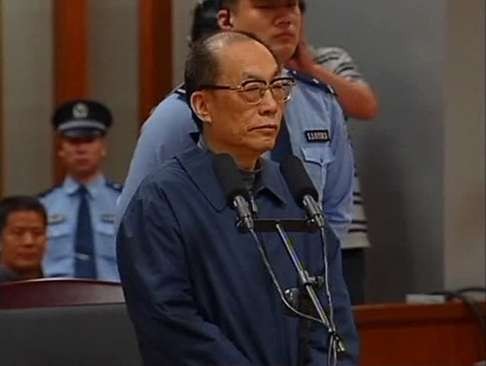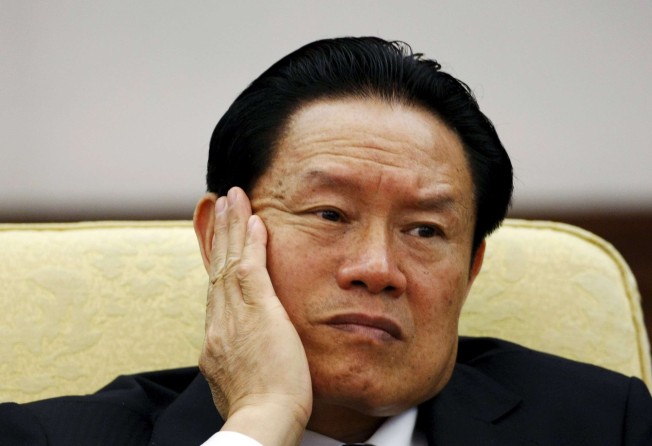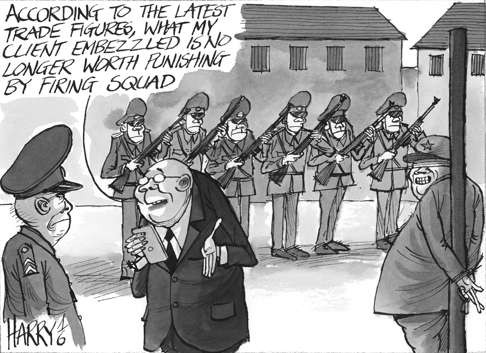
China raises corruption threshold for death penalty
The move updates standards enshrined in the Criminal Law about two decades ago

Mainland authorities have raised the graft bar for officials to face the firing squad to 3 million yuan (HK$3.6 million), under new judicial guidelines.
In the past, officials convicted of accepting bribes totalling 100,000 yuan could have been sentenced to death.
Defendants convicted of “especially serious” offences of graft of between 1.5 million yuan and 3 million yuan, including embezzling disaster relief funds, embezzling money for illegal activities or refusing to hand over illicit funds, could also face the death penalty under the new rules.
The Supreme People’s Court and the Supreme People’s Procuratorate jointly issued the amended criteria as a supplement to the revised Criminal Law.
The new standards replace those set out in the Criminal Law in 1997, which have long been criticised as being out of date after years of inflation and income growth.
Despite the low threshold, an immediate death penalty has seldom been imposed on senior corrupt officials in recent years. Instead, they have been more likely to be given death sentences suspended for two years. Suspended sentences can later be commuted to life imprisonment if no additional offences are committed during the suspension period. Life terms can also be reduced.
Former railways minister Liu Zhijun was given a suspended death sentence in 2013 for taking 60 million yuan in bribes. That sentence was commuted to life imprisonment last year.

Former security tsar Zhou Yongkang was jailed for life in June for 129 million yuan in bribes he and his family took.
According to the judicial interpretation, a two-year suspended death sentence may be issued if there are mitigating factors, such as a confession or voluntary return of ill-gotten gains.
However, a suspended death sentence can also be commuted to life without the possibility of parole or a further reduction in the sentence.
The interpretation also set out a new threshold for the prosecution of officials. Those suspected of bribery involving sums of 30,000 yuan or more are likely to face prosecution. Those suspected of embezzling or receiving bribes of 10,000 yuan or more could also face court if the cases are believed to involve “relatively serious” offences.
The Criminal Law’s earlier threshold for criminal prosecution of officials was bribes of 5,000 yuan or more.
Zhao Zhengbin, a Beijing-based lawyer specialising in embezzlement and bribery cases, said including specific standards in a judicial interpretation rather than the Criminal Law itself would make sentencing more practical and flexible. “Provincial high courts can now adjust the standards according to local economic development, which varies greatly across China,” Zhao said.
